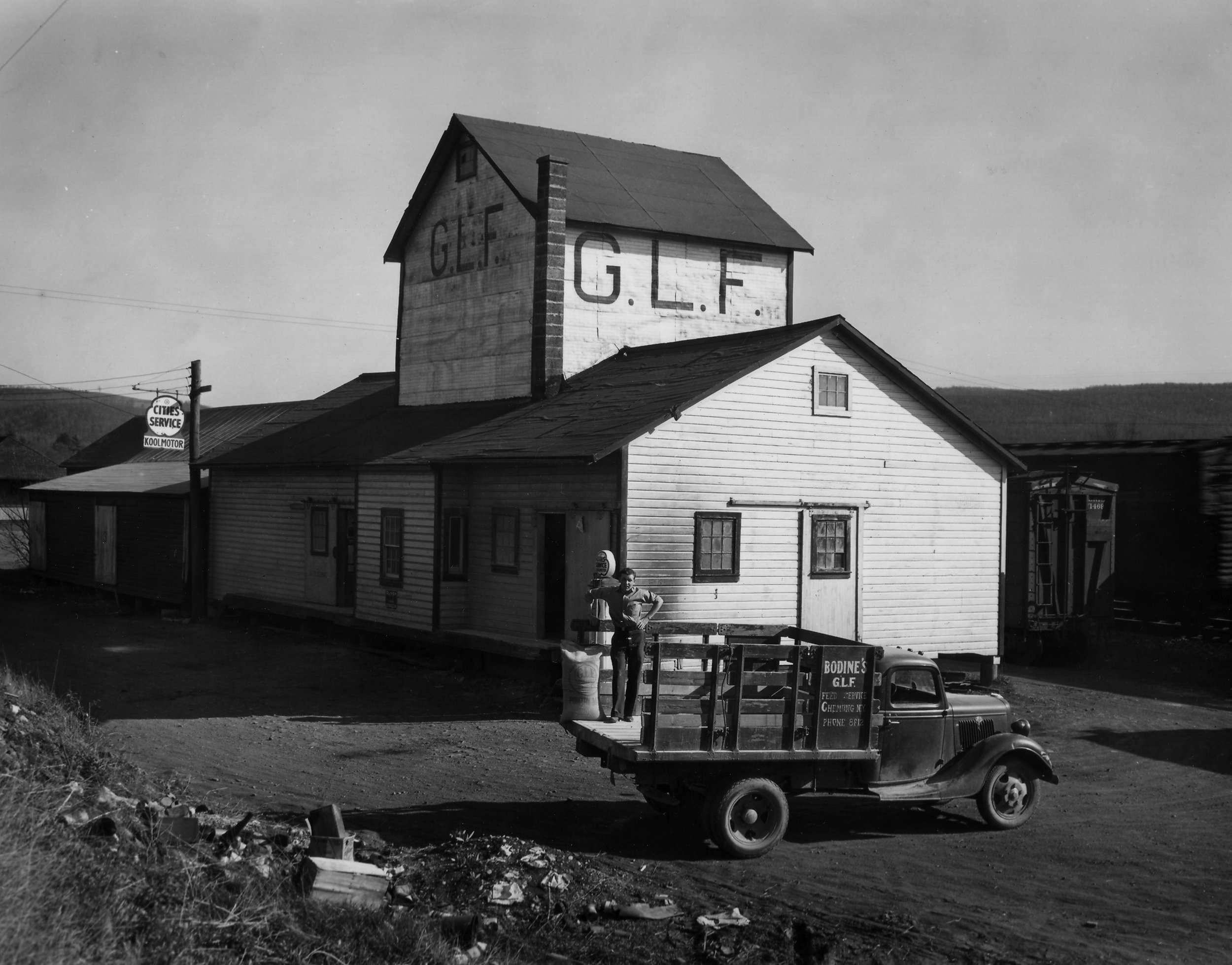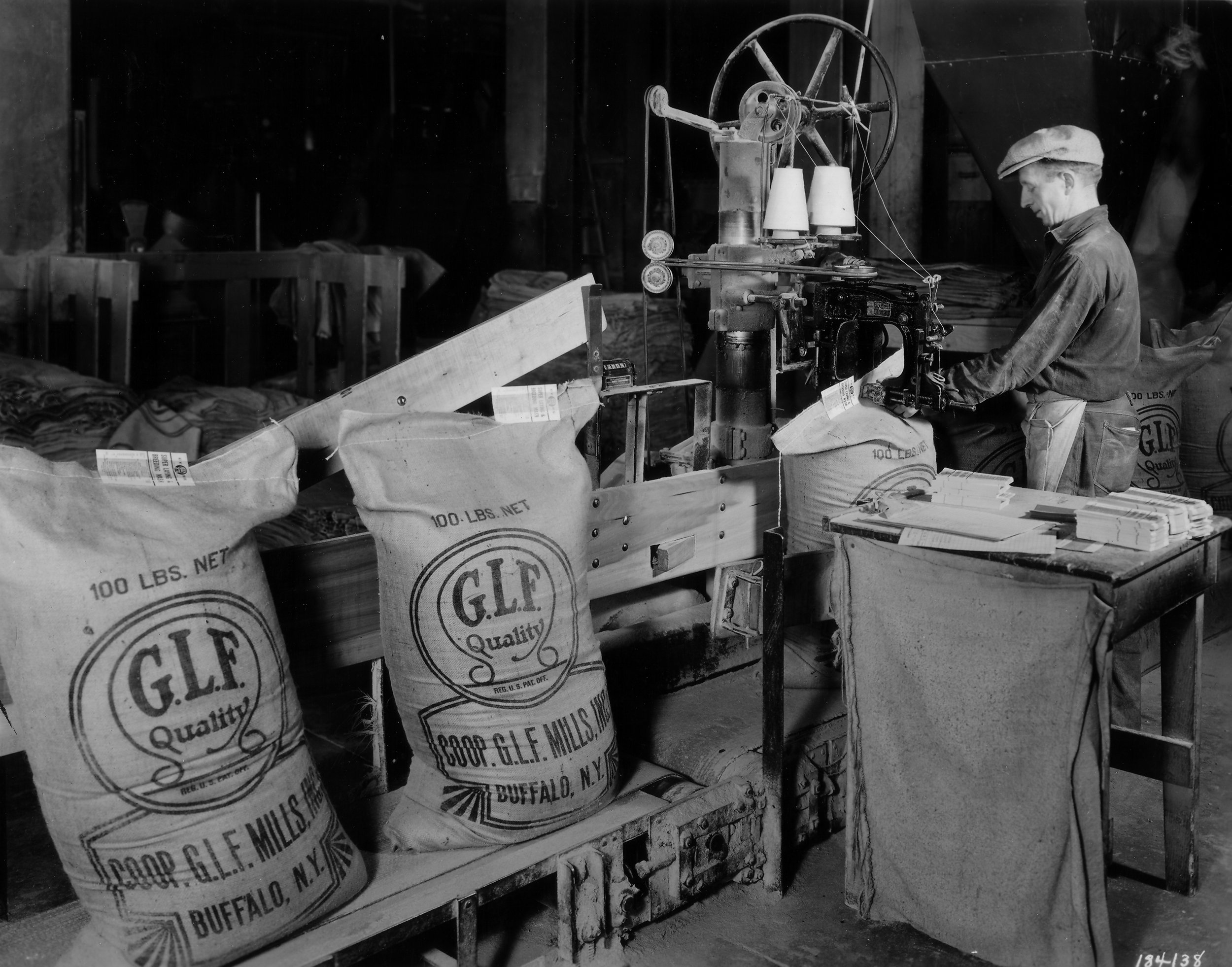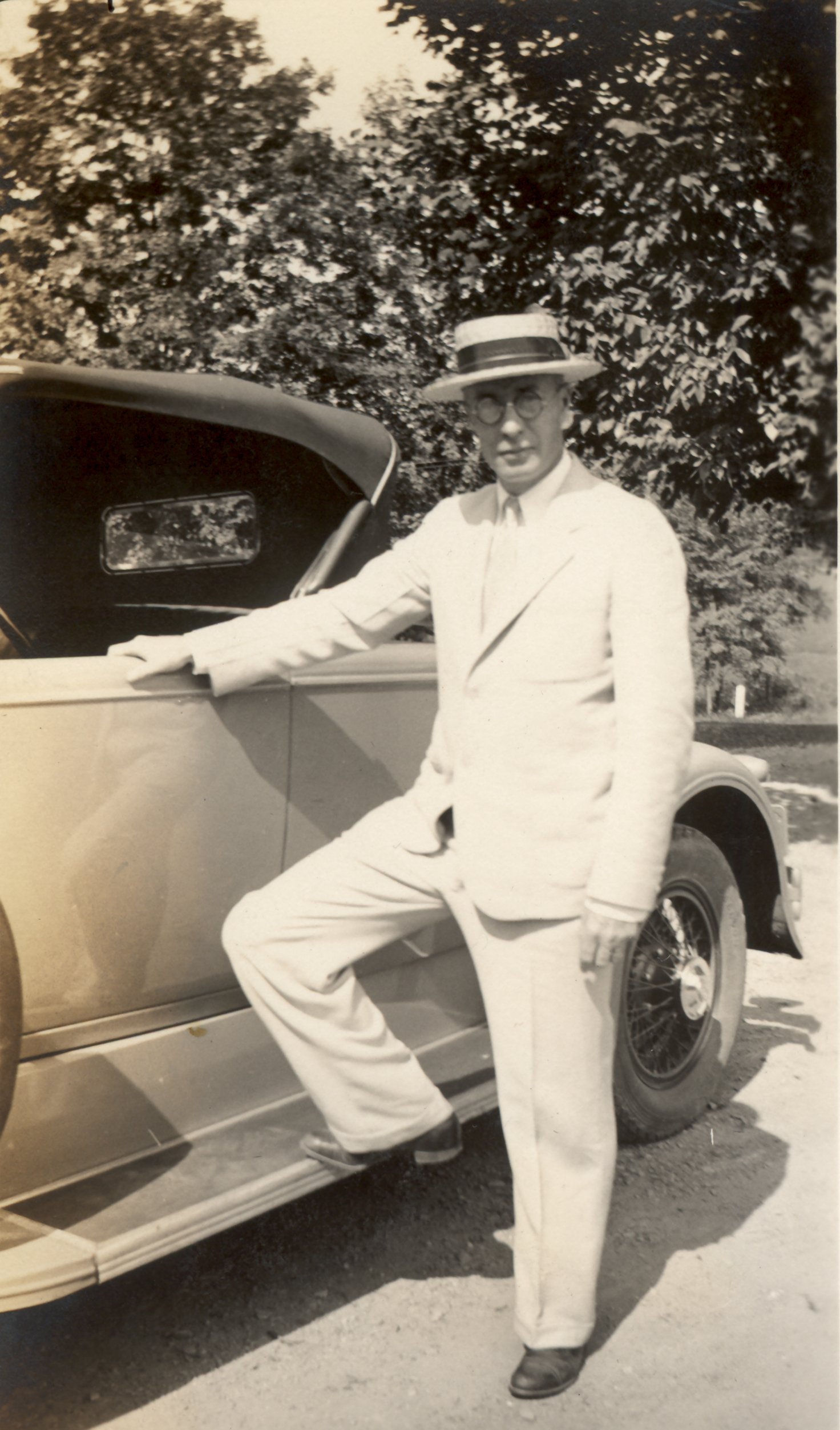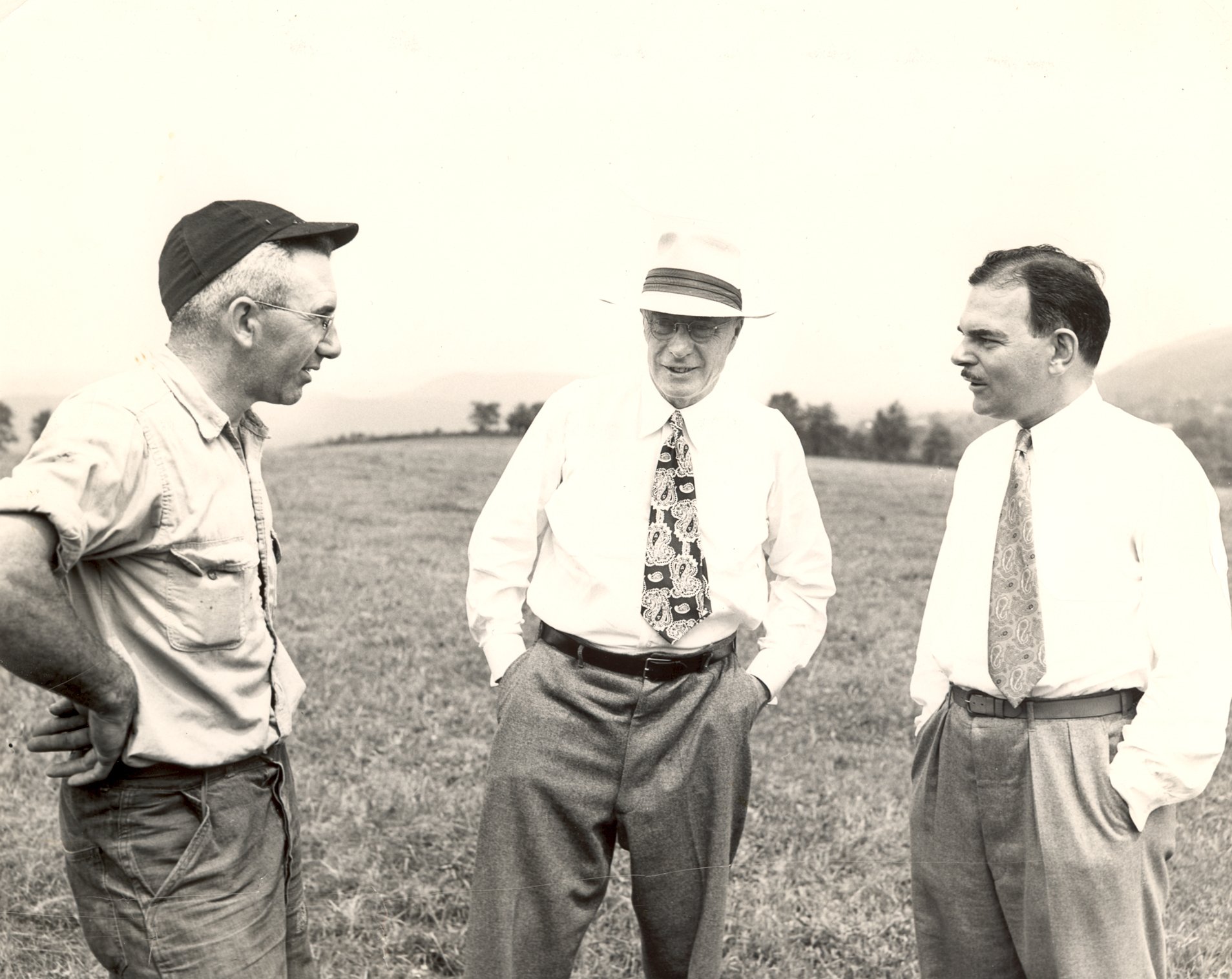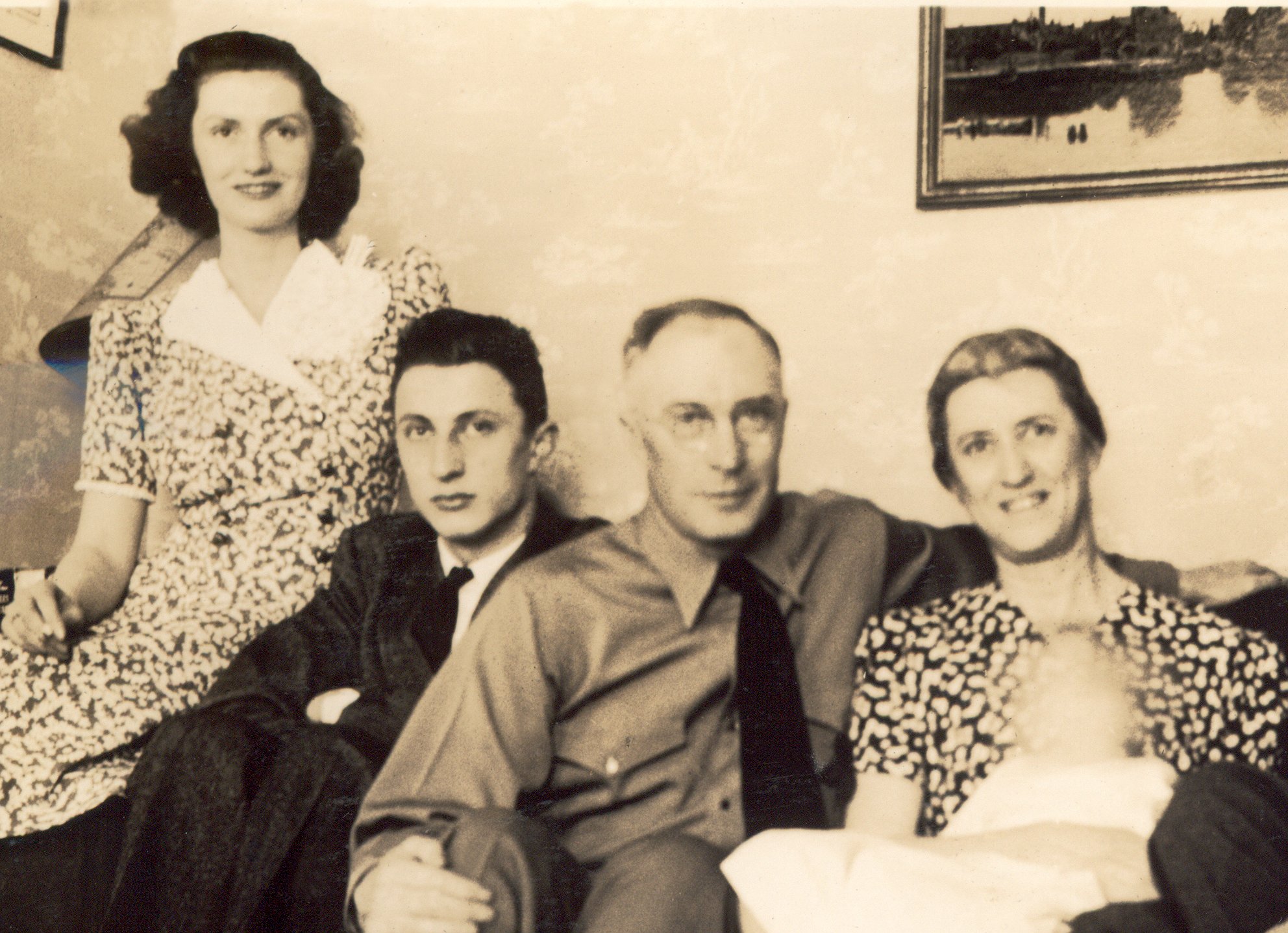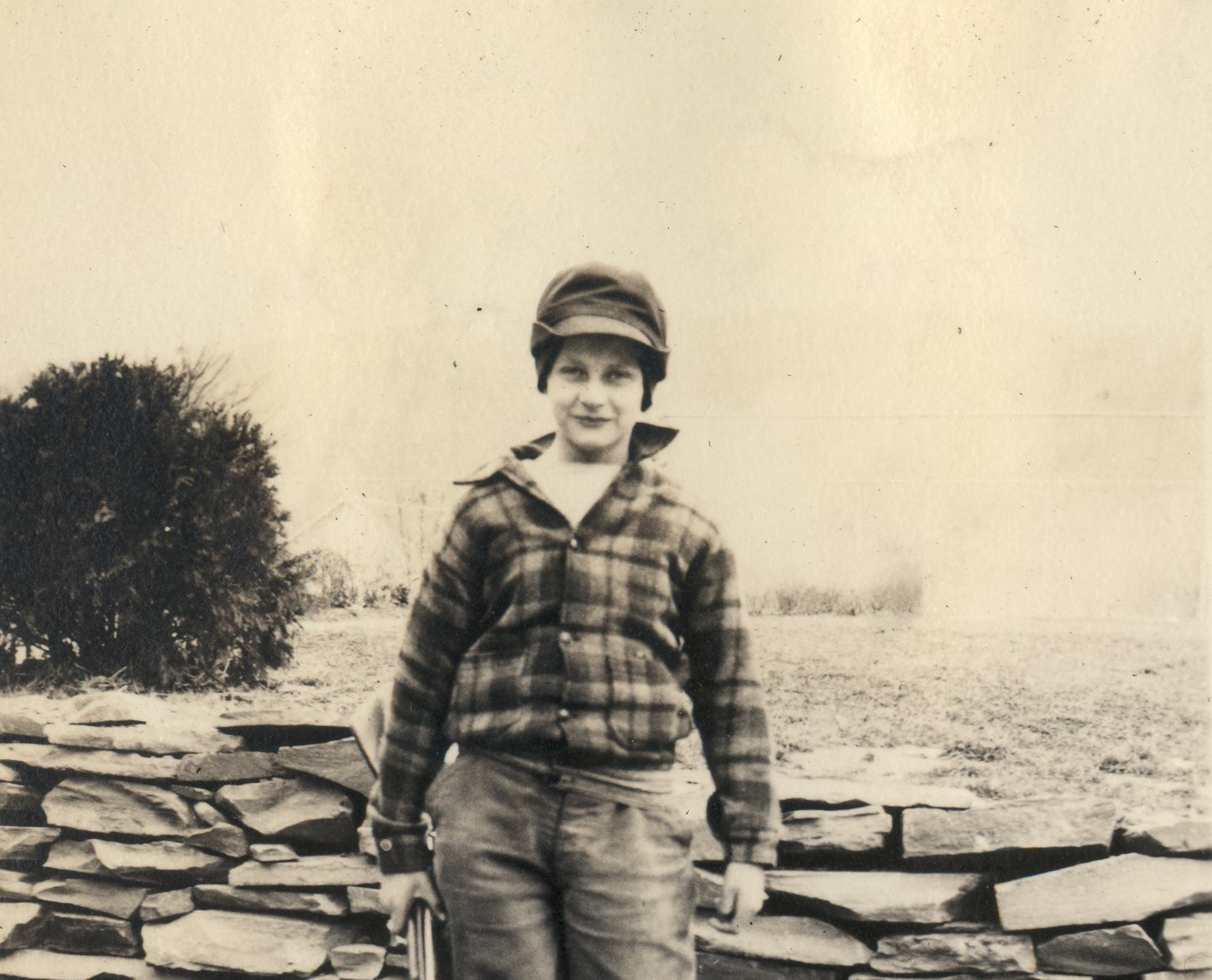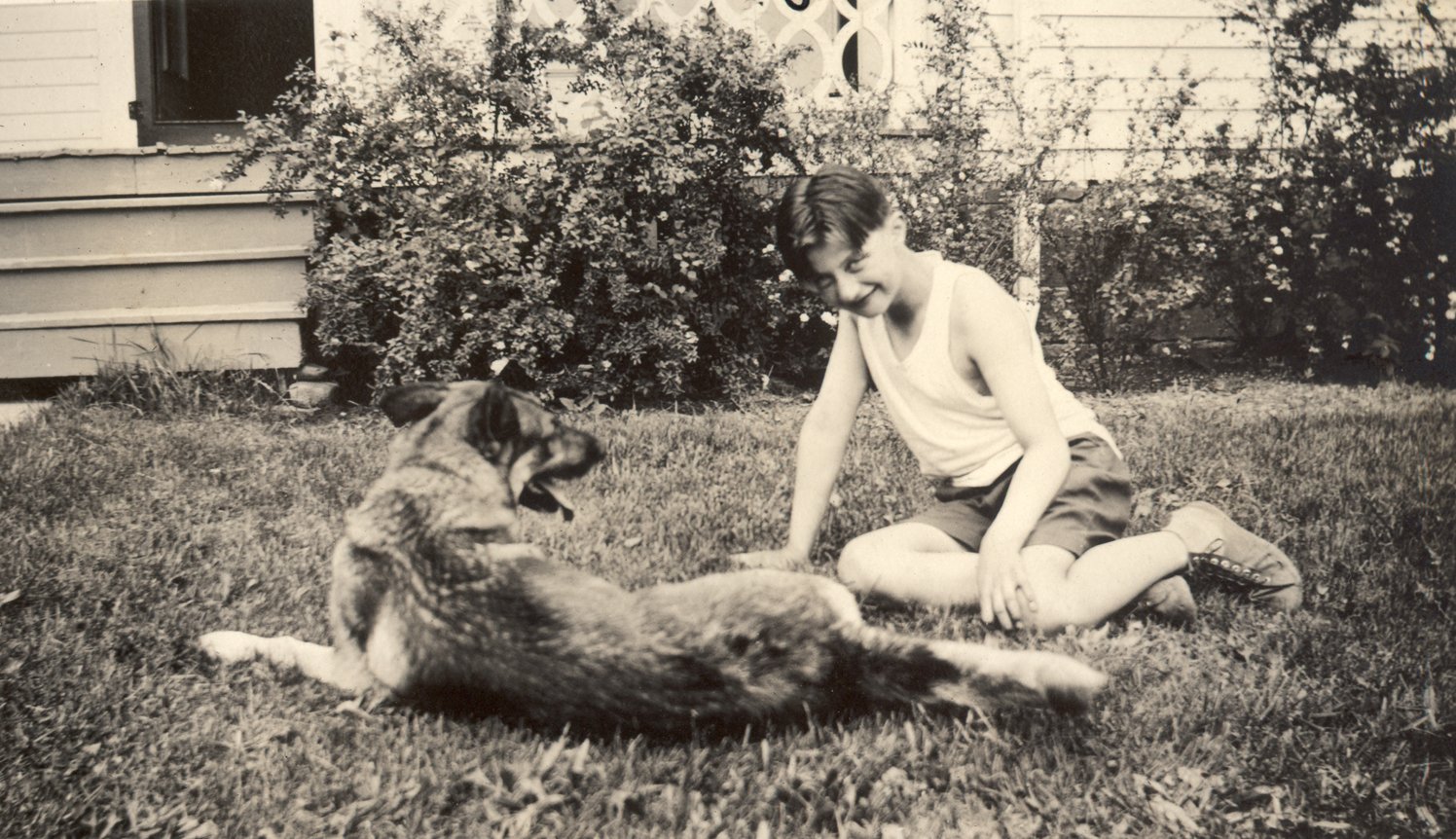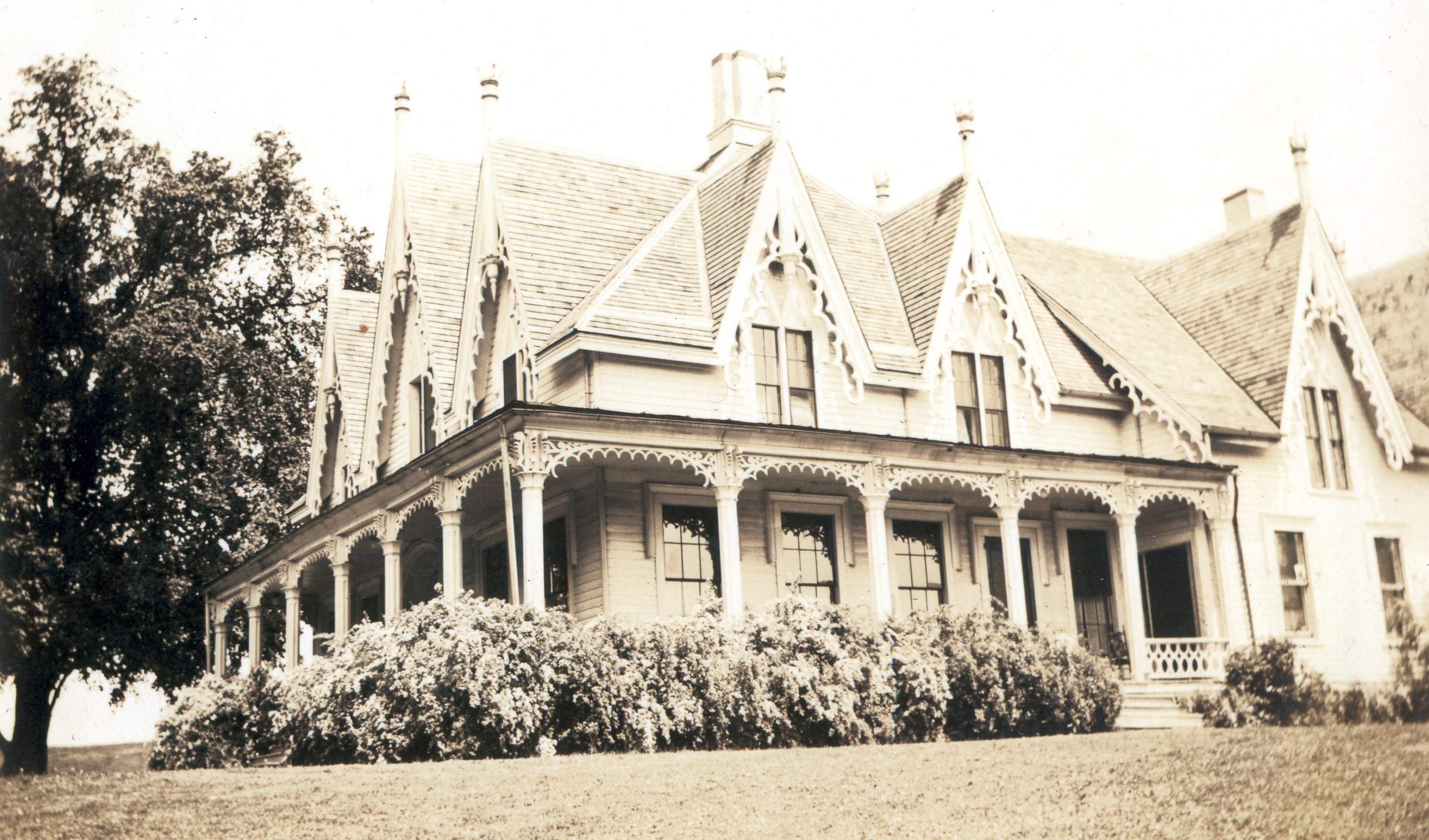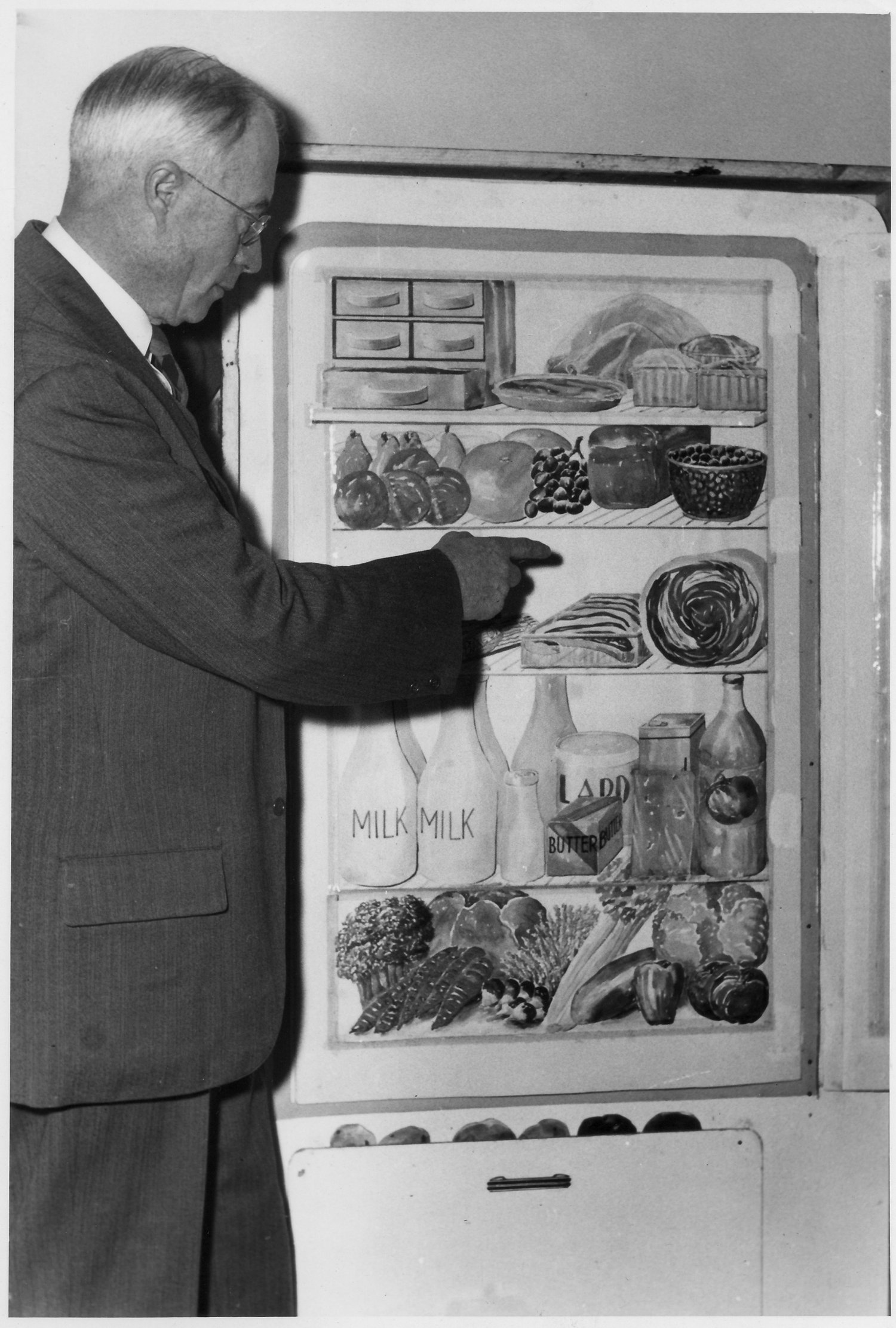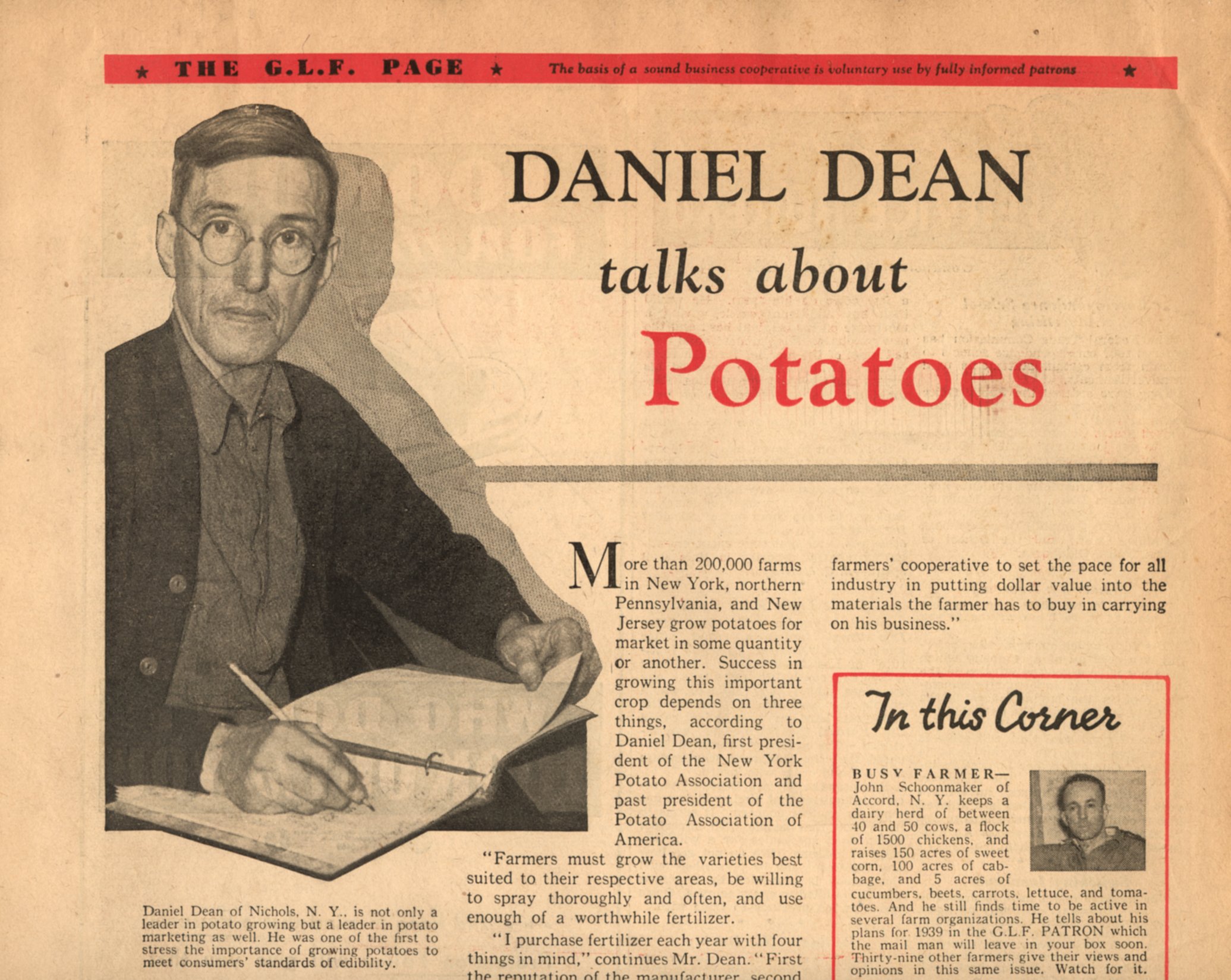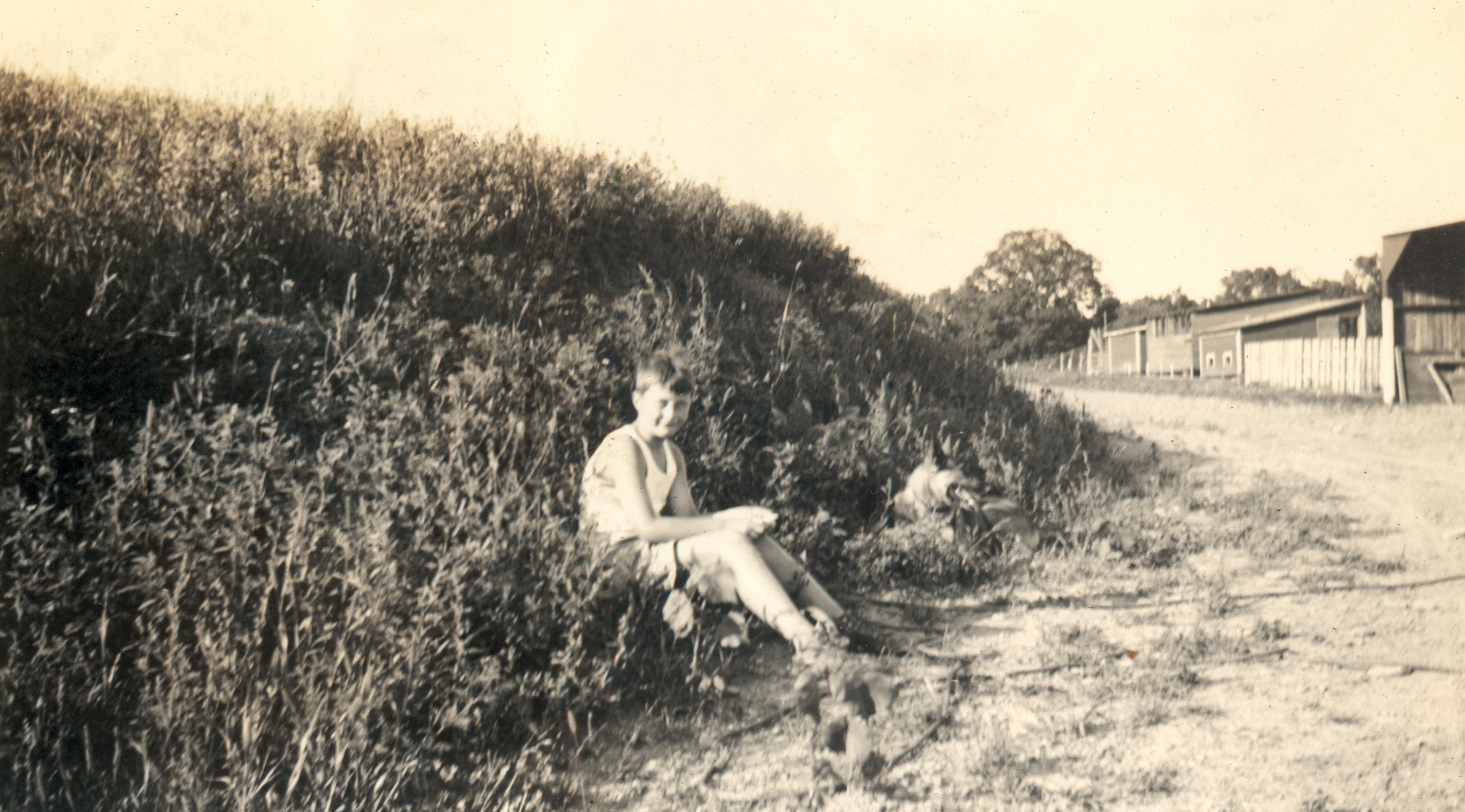A documentary coming to a PBS station near you
“A wonderful piece of true Americana”
Farmboy (2006) is a documentary film directed by Jake Gorst, with Susan Leigh Babcock as Executive Producer and Jake Gorst and Tracey Rennie Gorst serving as Producers. The film features an original score by Richie Saccente and S. Cosmo Mallardi, which earned the 2007 New York Emmy Award for Musical Composition. With a creative team committed to crafting thoughtful, resonant work, Farmboy stands as a testament to the power of independent filmmaking and collaboration.
John Babcock was born on August 10, 1922. He spent his childhood on his family’s farm, known as Sunnygables, during the Great Depression. John’s father, Howard Edward (“H.E.”) Babcock, used Sunnygables as a testing ground in developing many revolutionary farming techniques now taken for granted. Elevated milking parlors, home freezers, rubber automobile tires on farm tractors and implements, and many more innovations were introduced to American farmers thanks to H.E.’s innovations.
H.E. Babcock was the first professor of farm marketing (1921) and later Chairman of the Board of Trustees (1940-1947) of Cornell University. He was a seminal figure in the development of today’s food nutrition standards. H.E. was also well known for his popular column "Kernels, Screenings and Chaff" in the farm magazine American Agriculturist.
The story of Sunnygables and the Babcock family stands as a cornerstone of American cultural development in the 20th century, a time when farming played a central role in society and the economy. To this day, every American dinner table reflects the improvements and changes by this forward-thinking research farm. The principles and programs developed by H.E. Babcock helped save the American Farm back then — and inform practices in other lands to this day.
In recent times, the future of the family farm worldwide has been in serious jeopardy. High and rising production costs far outweigh low, subsidized selling prices. This trend — coupled with the fact that most farmers in developing lands are unable to afford necessary agricultural technology — threatens the continued existence of local family farms.
In urban United States, most school-aged children have very little idea where their food comes from. When questioned, kids reveal that they think the food they eat comes from the back room of the supermarket. There’s a prevailing feeling that there will always be an abundant supply of food available to the American public.
It is hoped that this documentary will create an awareness of these issues and further H.E. Babcock’s mission of education and achievements in the field of agriculture.
“Wholesome and delicious, Farmboy is a wonderful, heartfelt, and engaging documentary that leaves you with a greater appreciation for your food and for those who grow it.”
Farmboy, a film based on Babcock’s book of the same name discusses four intertwined themes:
John’s exploits and reflections as a farmboy during the Great Depression when agriculture was making the leap from horse to gas power and mechanization. Young John observed all of the changes taking place around him. He took an active role in the daily operations of the farm. During his idle time, he would play and explore. His experiences are entertaining, funny, and enlightening;
The birth of the farm cooperative and the evolution of agriculture in the Northeast;
The career of H.E. Babcock in agriculture, animal and human nutrition, and higher education; and
The continuing impact of H.E. Babcock's programs in the United States and on a global level today.
Farmboy is narrated by interviews conducted with John Babcock, Per Pinstrup-Andersen (H.E. Babcock Professor, Cornell University), Joe Lockwood (GLF/AGWAY Historian), Gould Colman (Cornell University Archivist), John Marcham (Journalist), and many more. The documentary, conceived by Jake Gorst (Leisurama, 2005), contains vintage photography, archival films, and re-enactments of John’s childhood growing up on a farm.


